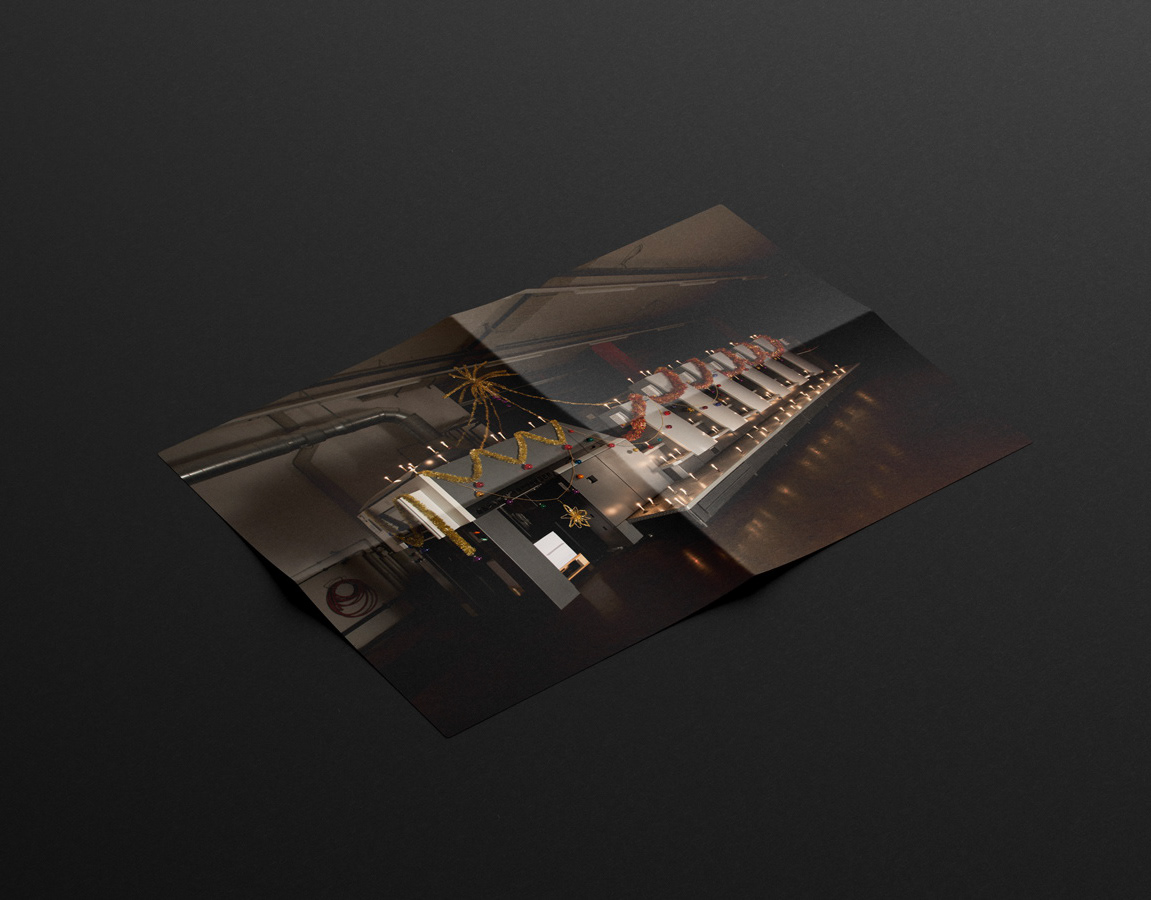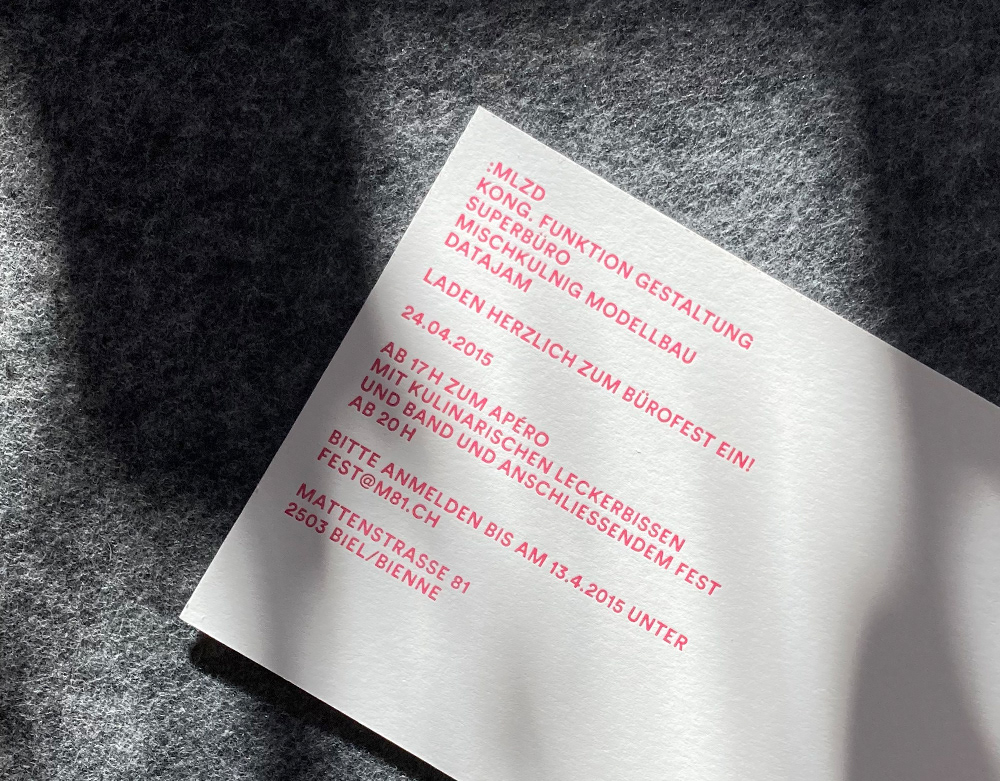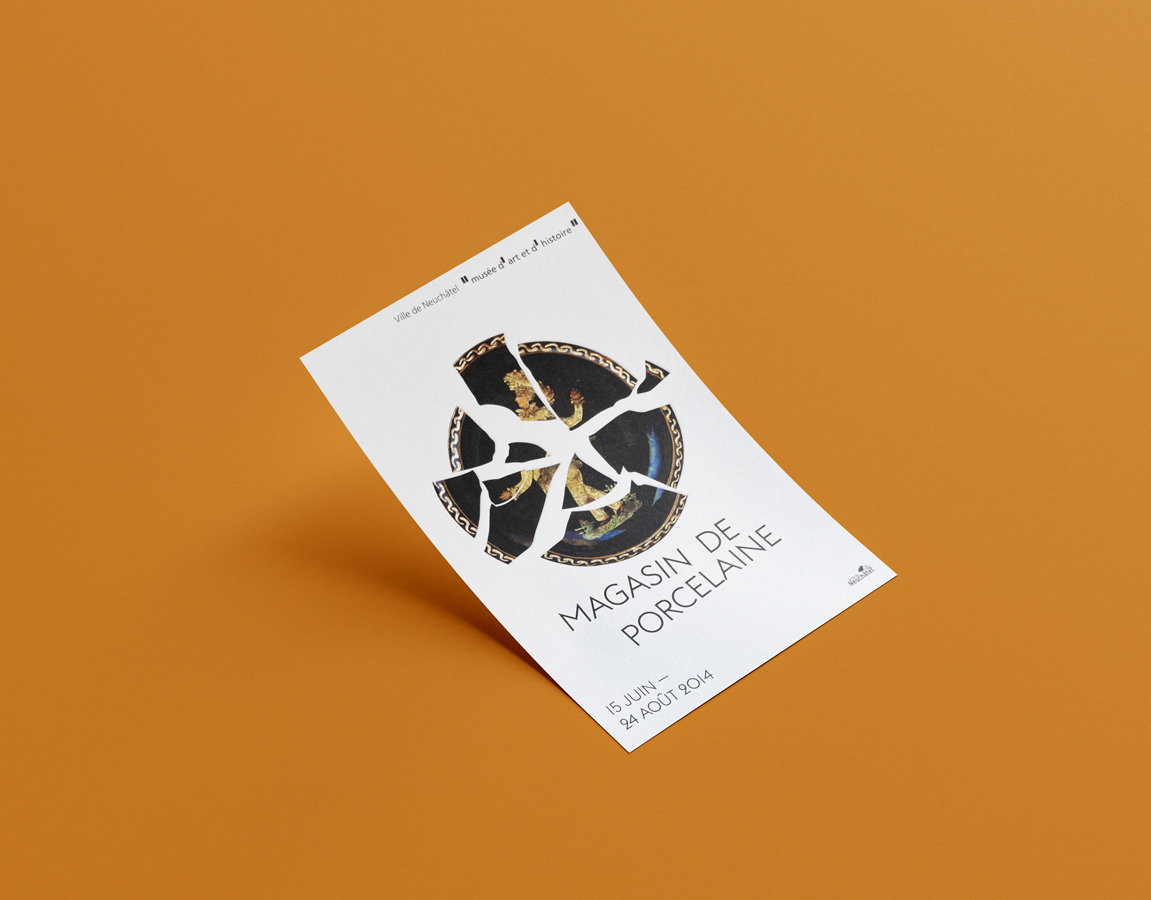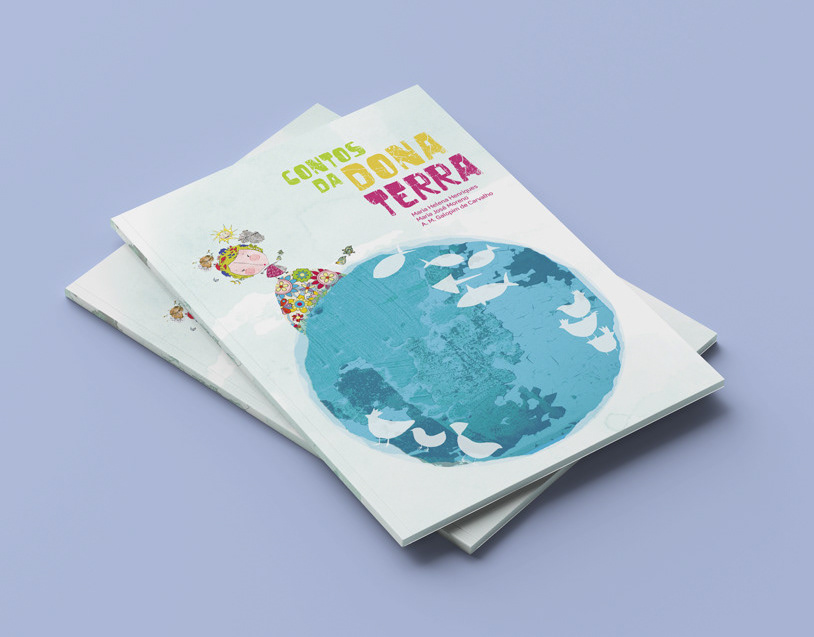2015
Notizen für den Verein — some notes.
Keywords
Editorial Design, Illustration, Collage
Client
Vitamin B, Migros Kulturprozent
Group of illustrations created for a small notebook containing tips and information on how to lead an association.
Recognise all differences as a strength.
All board members are different. Individual knowledge and subjective experiences offer great potential for board work.
Build (regular) in-site reviews.
Designing the annual board retreat in a pleasant location create space for important topics and questions about the future.
Efficient meetings are (more) fun — Time management and good preparation are crucial for successful, efficient meetings. Both the punctual beginning and a punctual end set an example.
Give (enough) space to new ideas.
New board or association members often bring in new ideas. This is sometimes irritating and uncomfortable. However, new ideas broaden the perspective and give the club fresh impetus. New members and ideas want to be heard.
Make (clear) regulations.
Precisely formulated statutes, separated written regulations and specifications make the work of the board easier. In connection with a clear distribution of competences, conflicts can be avoided.
Maintain relationships (ongoing).
Building and maintaining relationships takes time. Shared experiences and enough time for informal talks and encounters are the basis for good relationships. A cozy chat prepares the ground for good cooperation
Members are a (often underestimated) resource — In addition to its work, the board often takes on many additional tasks. It has proven useful to ask selected members directly and personally for help.
Ask uncomfortable questions.
Even if everything is going well, it is sometimes worth asking uncomfortable questions: Is our offer still up to date? Does our association have a future?
Set (realistic) goals.
"If you don't know exactly where you want to go, don't be surprised if you end up somewhere completely different." (Mark Twain) Regularly developed and verifiable goals help the association to move on.
Praises (almost) always help.
Appreciation is the “reward” for voluntary work. Volunteer work must therefore always be recognized - not just at the official farewell. Mutual praise and small gifts have a motivating effect and release new energies.
Think outside the box — Regular meetings with other associations are helpful and can lead to an interesting collaboration. A change of perspective always brings a broadening of horizons.
Address conflicts (quietly).
The earlier conflicts are recognized and raised, the sooner they can be resolved. Conflicts can only be settled in direct discussions.
Clarify mutual expectations.
In order not to offend anyone, expectations are often not expressed. However, this can lead to misunderstandings and conflicts. Sessions and retreats are good ways to find out what is expected of whom.











